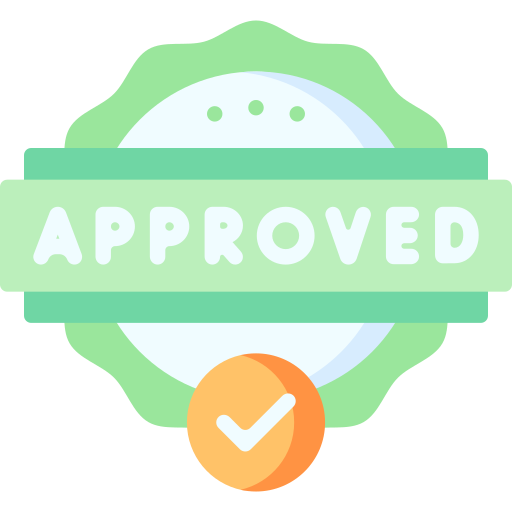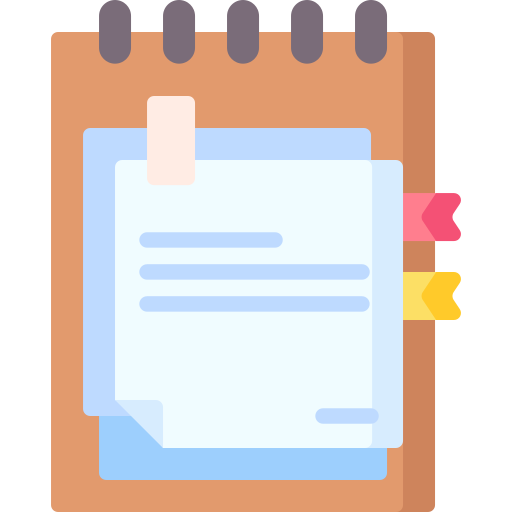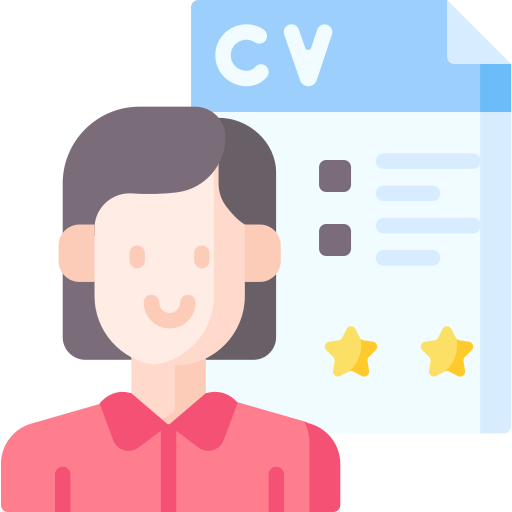Preparing for Your Interview

Getting a job interview is a big accomplishment! It means your resumé impressed the company, and you have some of the skills they’re looking for – great job!
But interviews can be a bit nerve-wracking. You want to make a good first impression, and that comes down to being prepared. Every interview needs some basic research to show you have the right skills, understand the company, and know how the job fits into your career goals.
Read on for some essential tips to walk into your interview with knowledge, confidence, and a plan for success!


Researching the Company:
To get ready for an interview, it’s crucial to understand the company. This isn’t just about impressing the interviewer – it’s showing real interest in the company and its achievements. Look into their history, values, culture, and recent accomplishments. Here’s how to do it:
- Read the company’s official website, especially the ‘About’ section.
- Check their social media (like Twitter, Instagram, or Facebook) for recent activities.
- Look for industry reports to get a broader view.
- If you can, connect with current or former employees through networking platforms.

Understanding the Job Description:
Always refer to the job description during your preparation. It outlines the responsibilities, skills, and qualifications the employer is looking for. Tailor your responses to show you’re not just a fit for the role but enthusiastic about it. Here’s how to analyze the job description:
- Break down the job description into tasks and responsibilities.
- Imagine a typical day in the role and think about how your experience aligns.
- Pay attention to the language and tone to understand the company culture.

Reviewing Your Resumé and Cover Letter:
Your resumé and cover letter got you the interview, but they’re not done yet. Review them to remember the experiences and accomplishments you included. This helps you expand on points and address any gaps or changes in your career path. Here’s how to do it:
- Go through each point in your resumé, focusing on relevant achievements.
- Understand the order and structure of your resumé.
- Reflect on your career journey to discuss how this role fits in.

Prepping for Interview Questions:
Not knowing what you’ll be asked can be intimidating, so try to practice some common interview questions to cover all your bases. Tailor your answers to be relevant to the role and company!
Here are some common questions:
- Tell me about yourself.
- Why are you interested in this role/company?
- What are your strengths and weaknesses?
- Describe a challenge you’ve faced and how you dealt with it.
- Where do you see yourself in five years?
9 More Tips & Tricks to Help You Prepare
Dressing for Success
First impressions matter. Dressing appropriately shows professionalism, attention to detail, and understanding of workplace culture. Choose classic, well-fitting attire that is neat and polished. Avoid overly casual clothing, distracting accessories, and strong scents.
What to Bring & When to Arrive
Avoid turning up flustered by arriving too early, or too late. A good rule of thumb is to aim to arrive 10–15 minutes early, bringing additional copies of your resumé, work samples/a portfolio, a notebook, and questions for the interviewer.
Researching the Interviewer
Knowing who will interview you is an advantage. Research their background and interests through social media, the company website, and general internet search.
Understanding the Interview Process
The interview process can vary, from initial screening to final interviews or assessments. Be prepared for each stage, and learn more about the typical stages of an interview process.
After the Interview
Send a thank-you email to the agency within 24 hours, expressing gratitude and reiterating your interest in the role. If you haven’t heard back within the mentioned timeframe, send a polite follow-up email regarding the interview results.
Dealing with Nerves & Anxiety
Feeling nervous is normal, but being well-prepared reduces anxiety. Use relaxation techniques like deep breathing and take a moment during the interview if needed.
Handling Difficult Questions
Stay composed, think before you speak, and be honest. If asked about weaknesses or failures, focus on what you’ve learned and how you’ve grown.
Showcasing your Skills & Experience
In the interview, use specific examples from your past to showcase your skills. Use the STAR method to structure your responses clearly.
No Experience in a Certain Area
Highlight your willingness to learn and adapt. Be honest about lacking experience but focus on transferable skills.
Now that you know how to prepare for a job interview, approach them with confidence to make a strong impression on your potential employer!

Here are additional resources to help you prepare for your next interview!
The Government of Canada’s Job Bank site provides a nicely summarized article on interview prep, with 4 easy steps.
Muse is an agency that offers support to employees and employers alike! Their article offers 30+ different tips and tricks for interview prep!
eLearning Industry is an online publishing platform designed for its users to access and share industry-specific, professional learning resources. In this article, one of their authors provides a detailed list of 6 different online resources for interview preparation.
Indeed is a job-seekers’ website with job postings from across the world. Their article provides a detailed 12-step process to help you prepare for an interview.